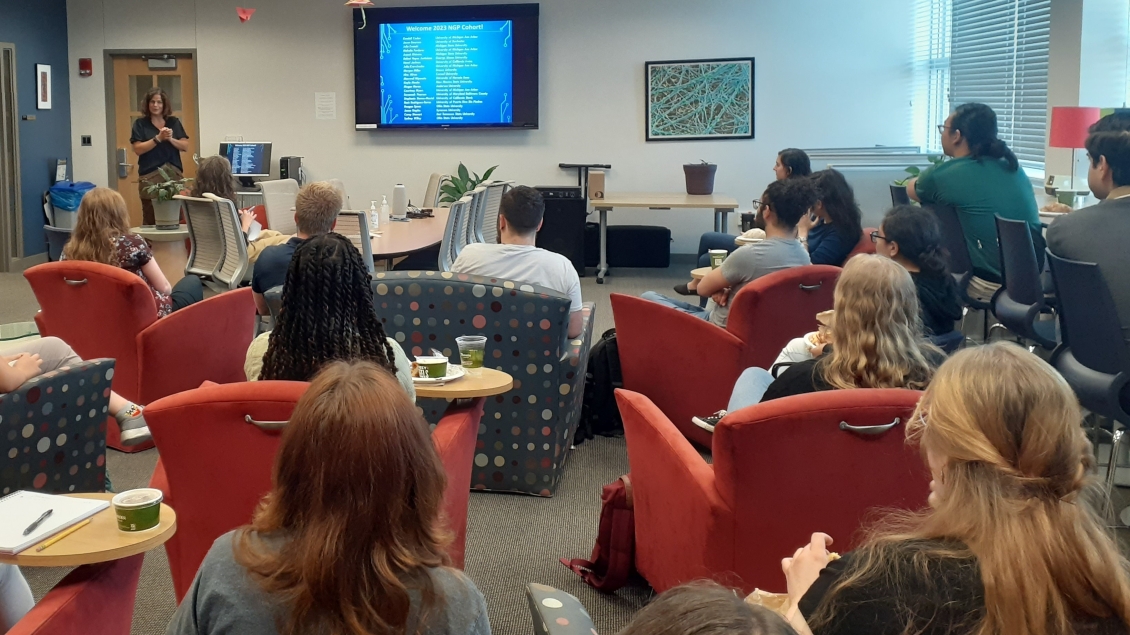
United in Neuroscience
The Neuroscience Graduate Program represents a university-wide interdisciplinary curriculum strengthened by more than 150 affiliated faculty.
Since 1971, the U-M Medical School Neuroscience Graduate Program has been furthering the understanding of the human brain. Our mission is to prepare future leaders in the field with the training and expertise necessary to succeed in any scientific career they choose.
Make your mark in the longest-standing neuroscience graduate program in the United States. Our dynamic group of more than 80 students and 150-plus faculty perform research that spans the breadth of neuroscience, within a cohesive, close-knit campus community.
Within our program, students lead an annual retreat, annual symposium and community outreach efforts. Upon graduation, our alumni go on to have successful careers in academic research, industrial research and development, academic medicine and biotechnology.
The graduate program is the heart of U-M Medical School’s Neuroscience community and sits at the exciting center of new, cutting-edge clinical and research developments. This collegial and cohesive group collaborates across the spectrum of neuroscience, side-by-side with our renowned faculty and leaders in the field, including:
- Members of the National Academy of Sciences
- Members of the National Academy of Medicine
- Past presidents of the Society for Neuroscience
- Fellows of the American Association of Advancement in Science (AAAS)
- Highly cited researchers
Get weekly updates from the NGP straight to your inbox.
On March 24, 1971, the Horace H. Rackham School of Graduate Studies approved an interdepartmental PhD program in neuroscience. Today, we are the longest-standing neuroscience PhD program in the United States.
Resources and information for current NGP faculty, learners, and staff.
I chose Michigan because of its collaborative, welcoming environment. I’ve definitely found this to be the case in my time here—everyone is more than happy to help, lending resources and time. Michigan cultivates a supportive community, enabling high impact research that pushes science forward and builds collaborative scientists.
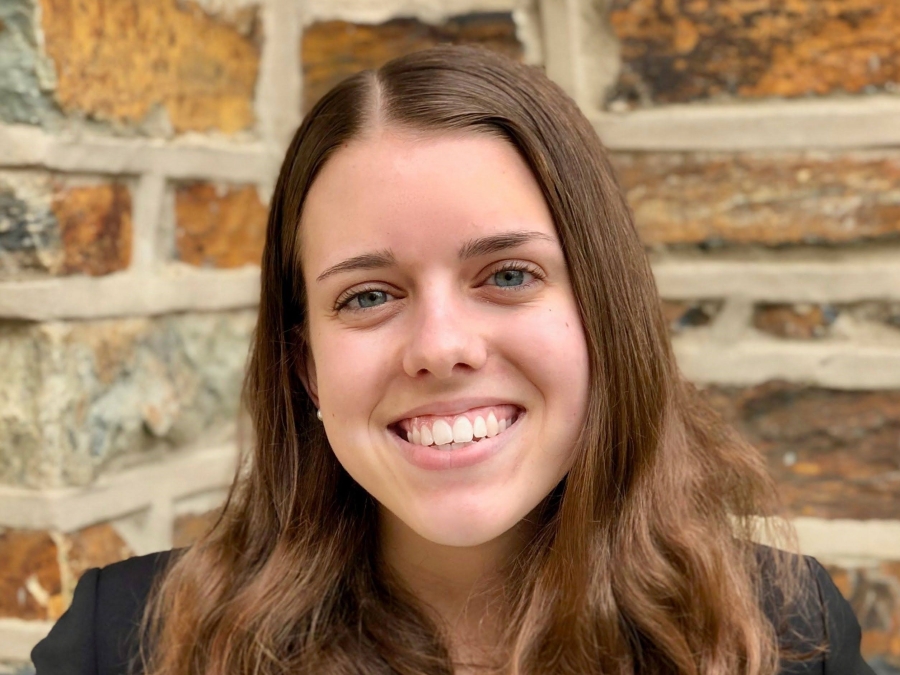
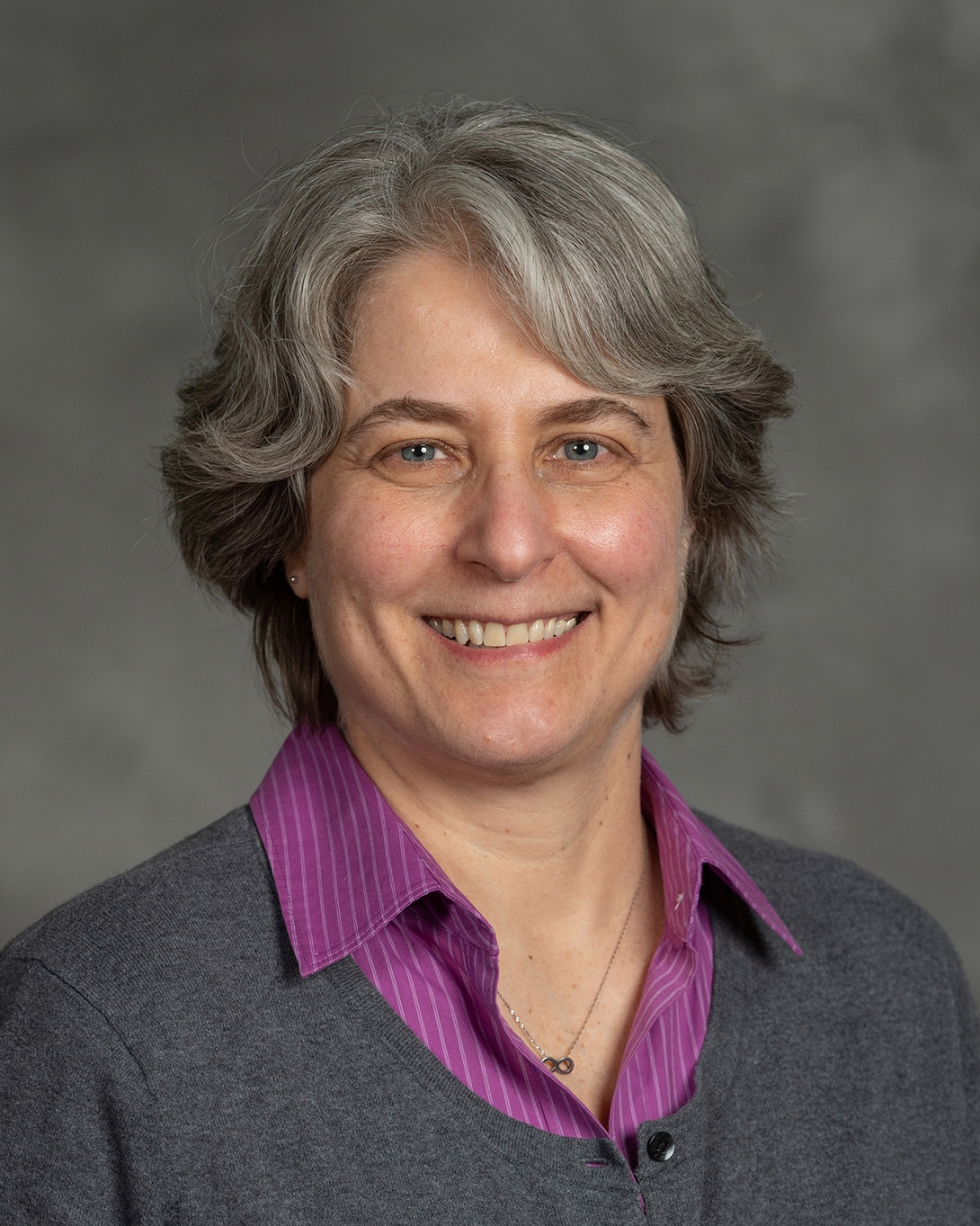
Professor of Obstetrics and Gynecology and Director Academic Program
Neuroscience Graduate Program
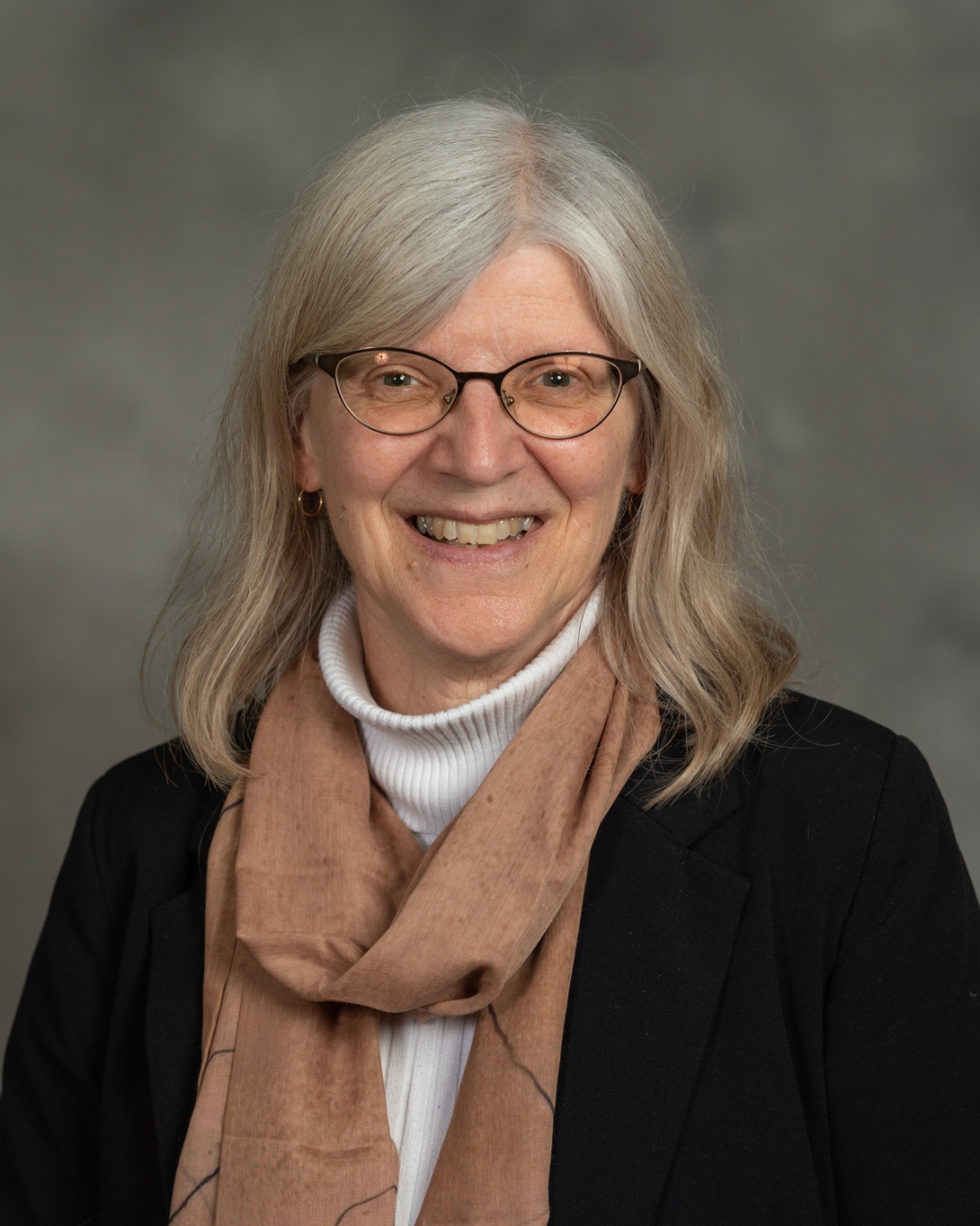
Research Professor Emerita
Michigan Neuroscience Institute
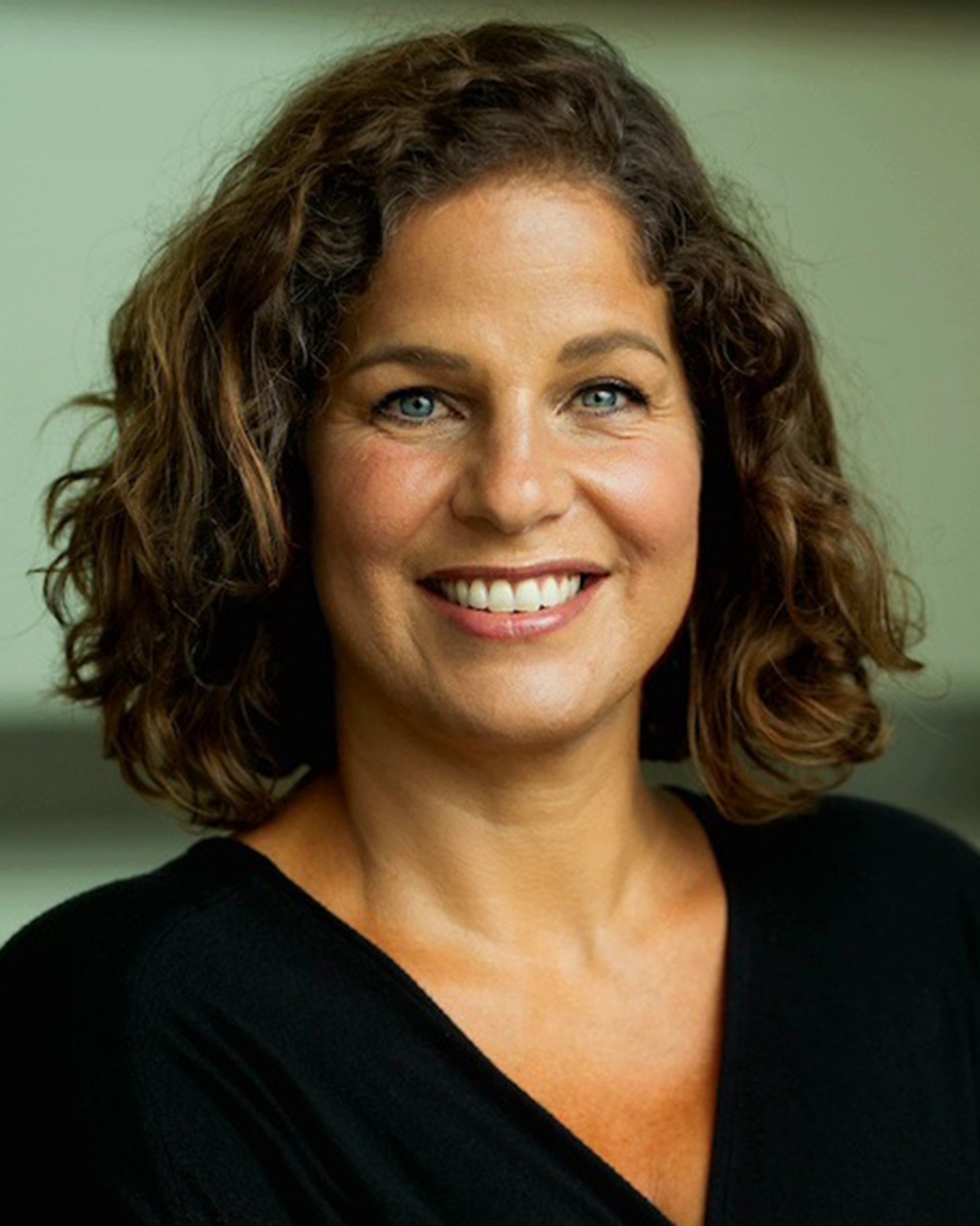
Research Professor in Michigan Neuroscience Institute
Professor (by courtesy) Department of Psychology
Associate Director
Neuroscience Graduate Program
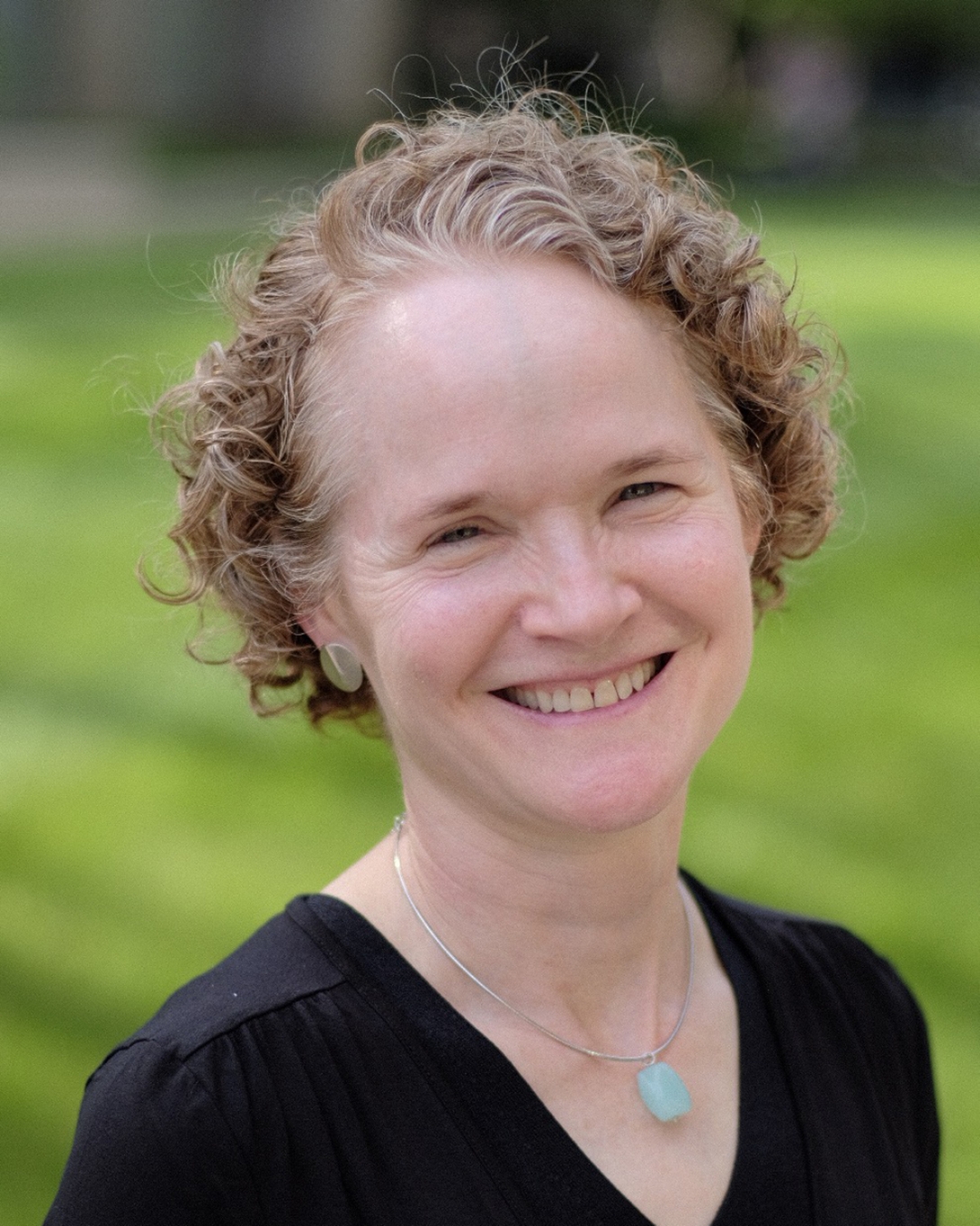
Associate Chair, Department of Mathematics, College of Literature, Science, and the Arts
Associate Director Academic Programs, Neuroscience Graduate Program
Associate Professor of Anesthesiology
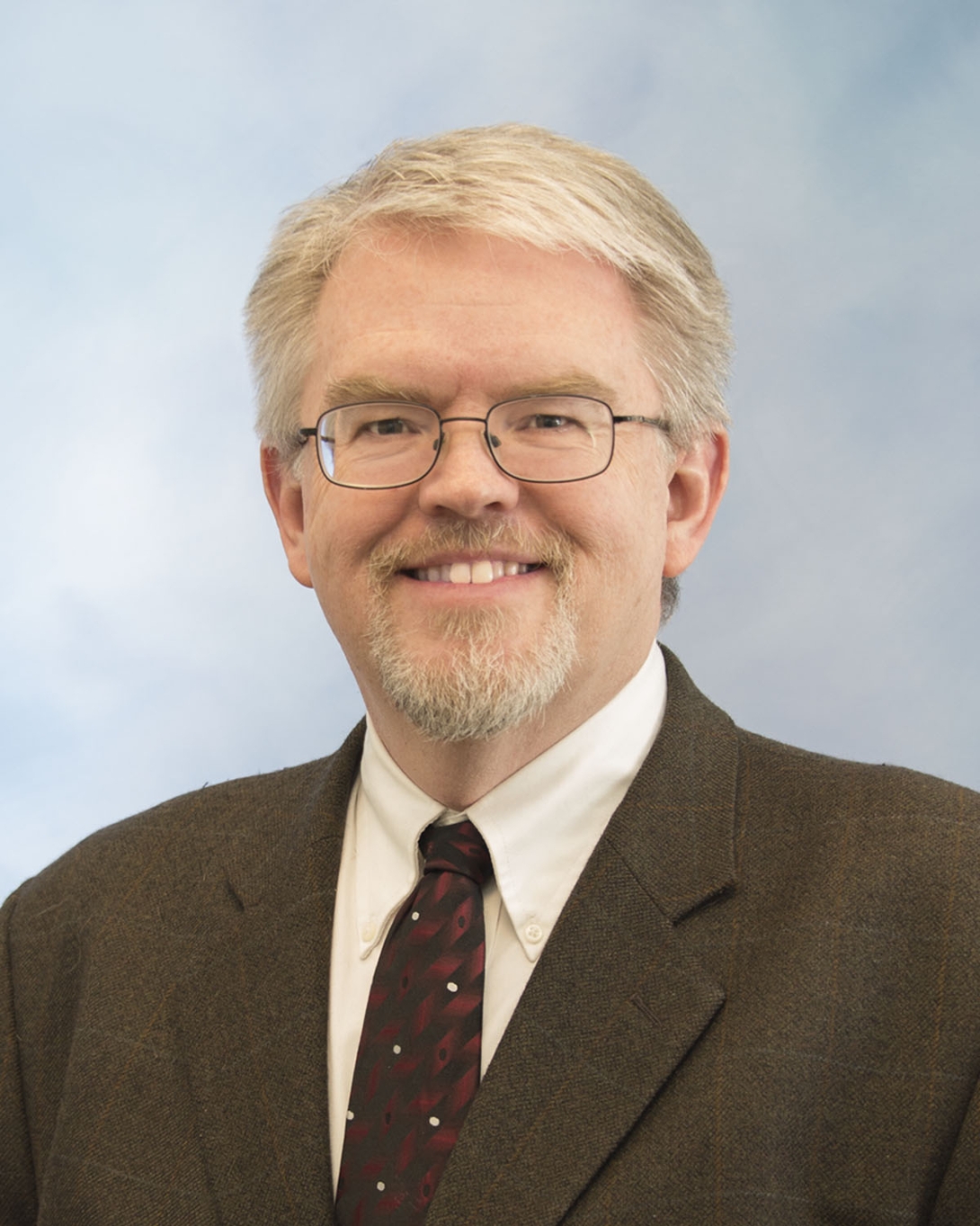
Associate Professor of Molecular and Integrative Physiology
Program Director of Diversity and Research Initiatives for Neuroscience Graduate Program
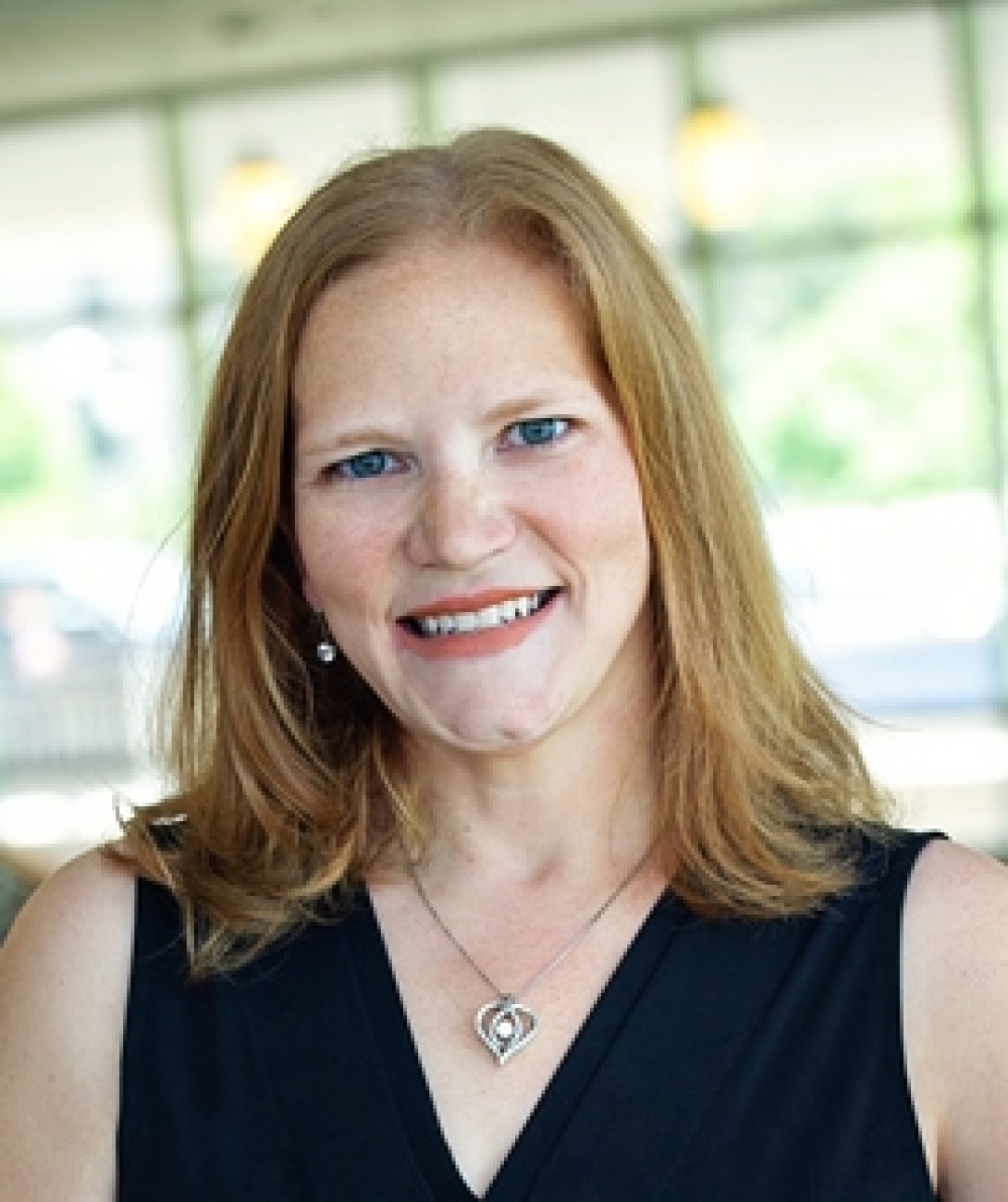
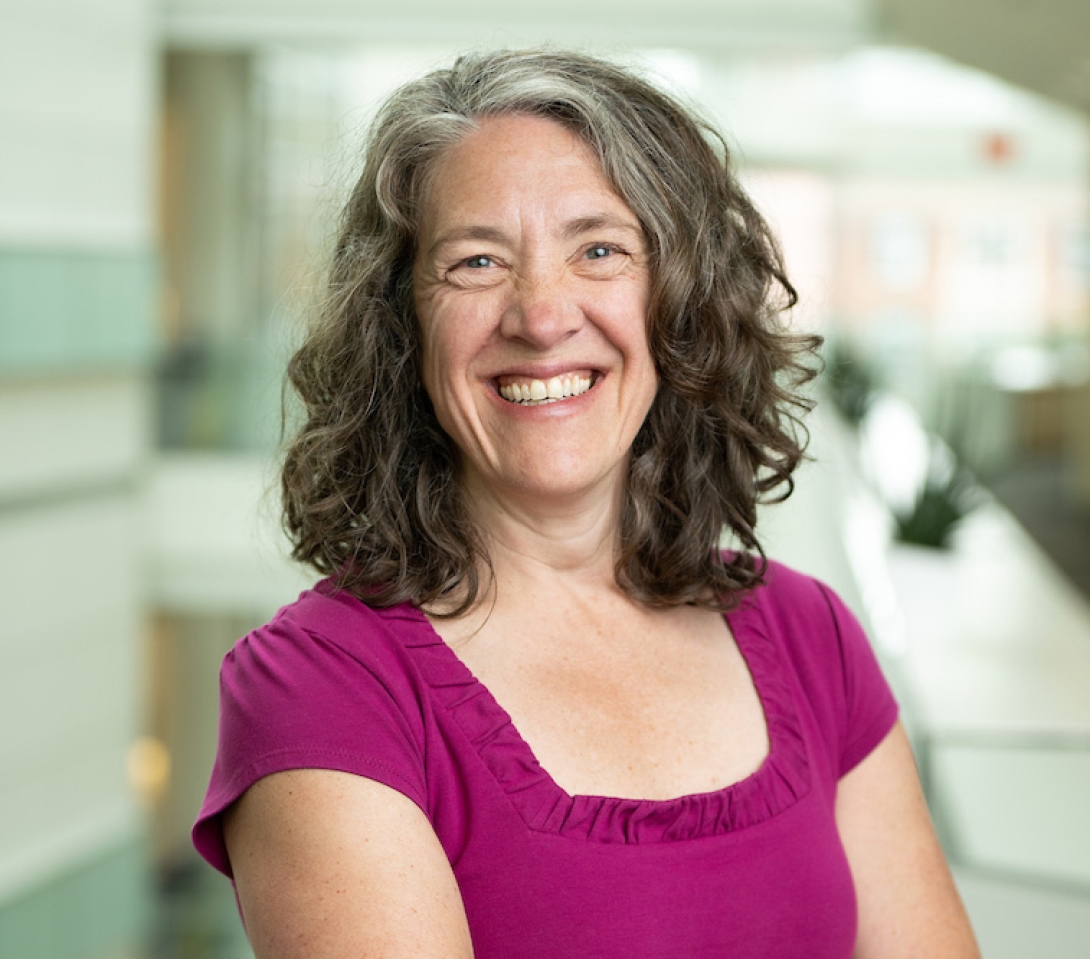
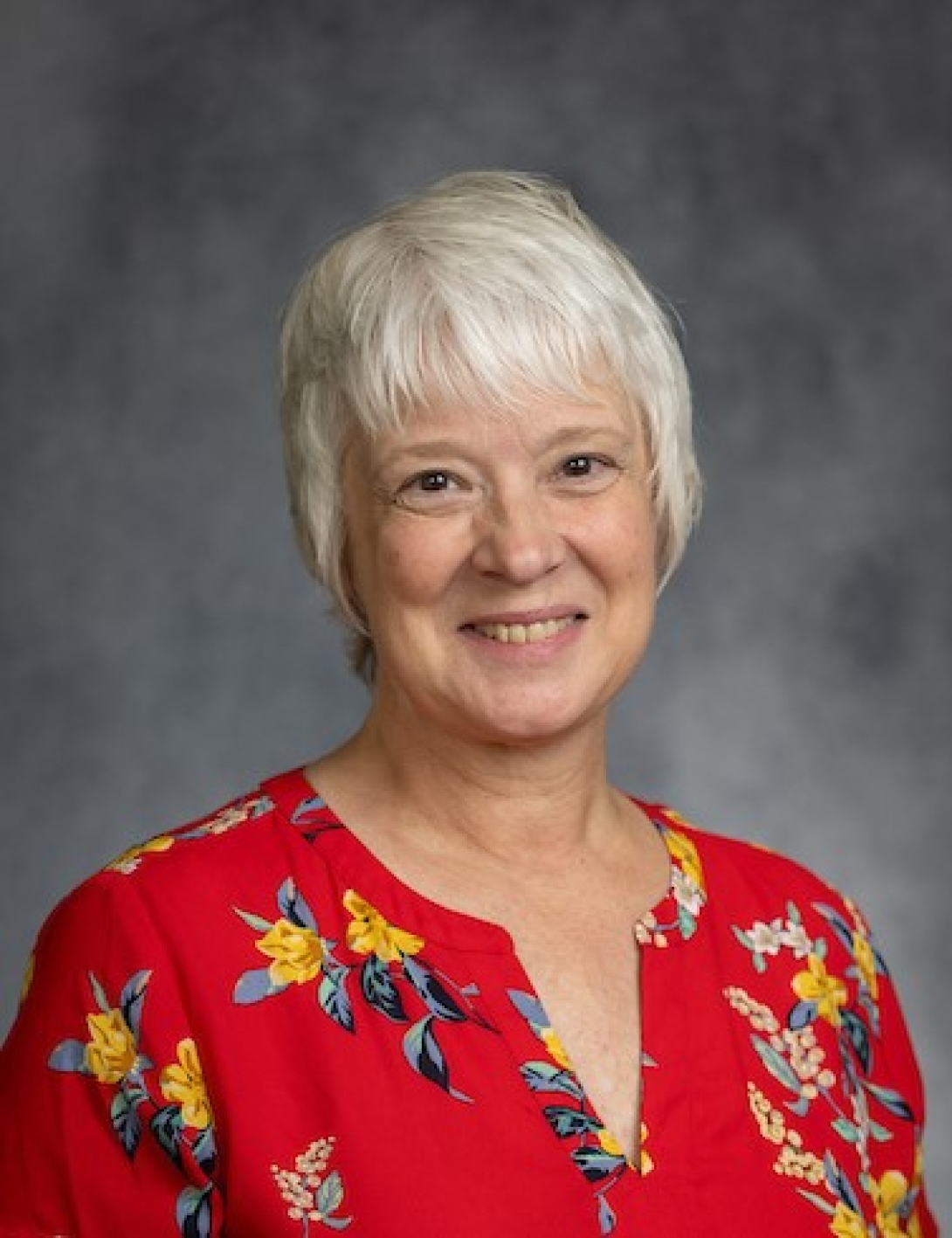
- Carol Elias
- Patrice Fort
- Anuska Andjelkovic-Zochowska
- Joanna Mattis
- Peter Hitchcock
- Ada Eban-Rothschild
- Steve Broglio
- Jill Becker
- Jon Morrow
- Gideon Rothschild
- Andrew Tidball
- Hala Darwish
- Michael Vesia
- Anahita Mehta
- Alison Affinati
- Shigeki Iwase
- Dan Leventhal
- Anne Draelos
- Sebastian Werneburg
- Geoff Murphy
- Parag Patil
- Frankie Czesak - Student Rep
- Juan Mato - Student Rep
- Carol Elias
- Audrey Seasholtz
- Victoria Booth
- Shelly Flagel
- Keith Duncan
- Josey Clowney
- Jack Parent
- Michal Zochowski
- Parag Patil
- Marcel Elkouri
- Carol Elias
- Victoria Booth
- Jane Higgins
- Dinesh Pal
- Audrey Seasholtz
- Alvin Chiu
- Amanda Gibson
- Marie Walicki
The mission of the NGP DEI Committee is to foster a diverse scientific community that is safe, accessible, equitable, and inclusive. This committee serves as a liaison between students, staff, faculty and administration to assess climate, support students from marginalized groups, and oversee initiatives to expand diversity, equity and inclusivity here in our program and beyond. The committee is composed of the Associate Director for DEI (Chair), administrative staff, faculty members (2 yr term), and student liaisons (2 yr term). Current membership includes:
- Carol Elias, NGP Director
- R. Keith Duncan, Associate Director for DEI (Chair)
- Shelly Flagel, Faculty Representative
- Elise Savier, Faculty Representative
- Audrey Seasholtz, Faculty Representative
- Vinodh Balendran, Student Representative
- Chandni Rana, Student Representative
- Valerie Smith, Staff Representative
Welcome to the Bright Ideas and Grievances (BIG) suggestion box, a repository for your ideas, feedback and concerns. All entries are anonymous (unless you choose to name yourself) and submitted to NGP administrative staff and leadership.
The NGP Code of Conduct is a living document meant to guide our students, protect against discrimination and uphold student rights. It is founded on the combined experiences of students and faculty and aligns with our program's core values.